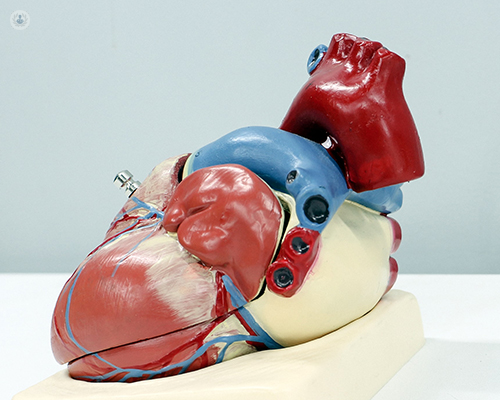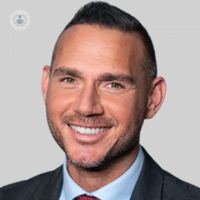Heart valve repair simplified
Written by:Cardiac surgery procedures will naturally be complex to the average person, and may seem intimidating. However, to the trained surgeon, the procedures are like second-nature and a regular activity. Heart valve repair is a life-saving procedure which consultant cardiothoracic surgeon Mr Gianluca Lucchese has put into simple terms for the layman to understand.

What is heart valve repair?
Due to heart valve diseases, the valve is repaired without the replacing it entirely. This method is associated with the best survival and patient outcome as opposed to doing a valve replacement procedure.
Can you detail the different types of heart valve repair surgery?
All the cardiac valves can be repaired. The mitral valve repair includes well established and reproducible techniques. The aortic valve repair is also reproducible but the long-term durability depends from several factors that have to be carefully considered.
What is involved in the heart valve repair procedure?
It is a combination of various techniques – such as open-heart surgery, minimally invasive methods, or a trans-catheter – used to reconstruct the anatomical components of the valves.
Is it possible to have heart valve repair without surgery?
Yes, it is possible in selected cases and for specific valve diseases, but mainly in the context of leaky heart valves.
What is the success rate of heart valve repair procedures?
Over 97 per cent for degenerative mitral valve disease with excellent long-term outcome. Results of aortic valve repair are less consistent but, in presence of a good anatomical substrate, are pretty good in terms of long-term durability.
How should people take care of themselves after a heart valve repair, both immediately after the procedure and in their day-to-day life?
The recommendations are more or less almost the same for immediate aftercare and day-to-day care:
- proper diet
- regular physical activity
- compliance to medications
Always have a conversation with your doctor to get the best recommendations for your unique case.
If you think you may be experiencing heart health problems or would like more information, you can go to Mr Lucchese's profile and book a consultation.


